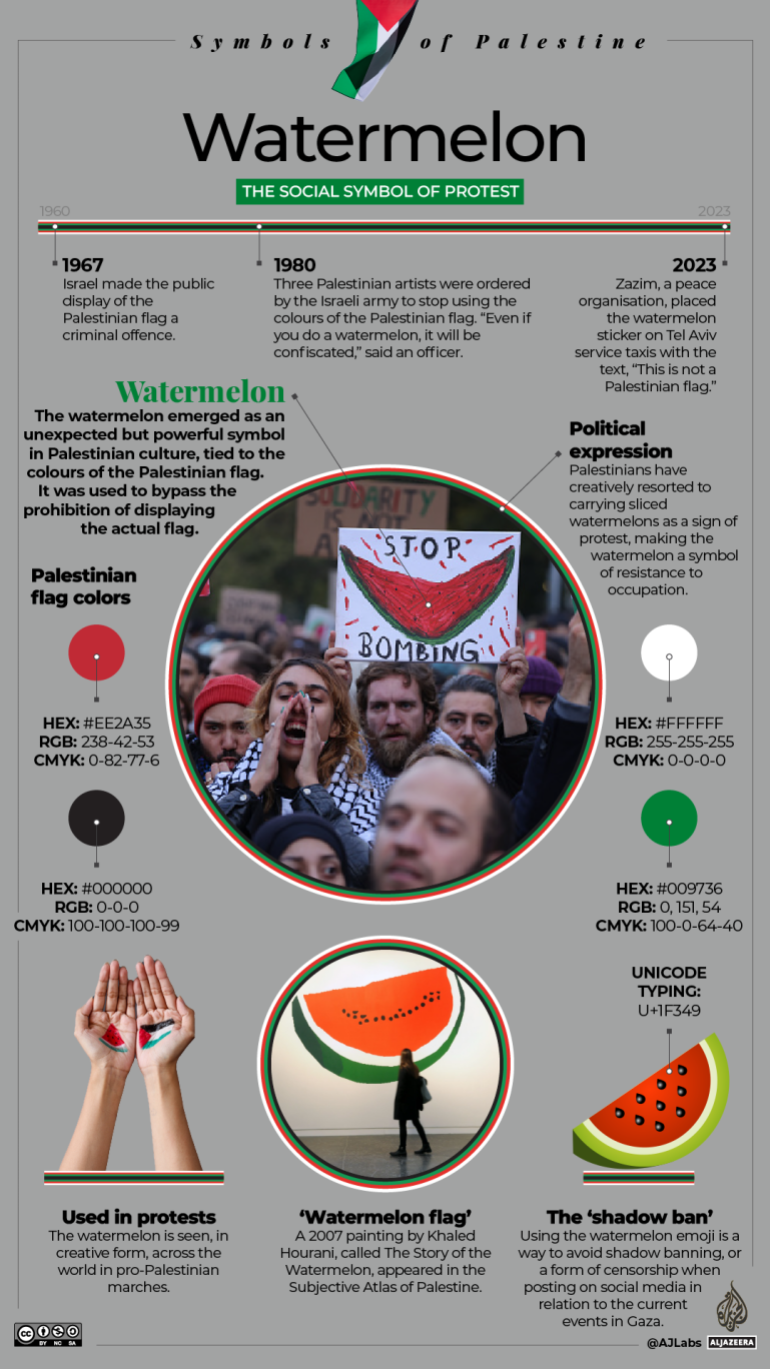As Palestinians wait with bated breath for a pause in the Israeli bombardment, here’s the Middle East this week.
The people of Gaza are exhausted and would dearly love to sleep deeply, be warm, look for missing family, perhaps play outside, and maybe go see what’s left of their house. As Palestinians wait with bated breath for a pause in the Israeli bombardment, we look at the Middle East this week:
‘We want to grieve’
Hoping to dodge bombs while hunting for enough food to keep your family alive for one more day has been the reality for the people of Gaza for more than six weeks.
Now, the people who spoke to Al Jazeera said, they are hoping that a “humanitarian pause” in Israel’s bombing, brokered by Qatar, will give them a chance to regain some semblance of normalcy, even if it’s just for a few days.
An exchange of captives is planned for the pause, with families of Palestinian prisoners in Israeli jails waiting anxiously to hear if their loved ones will be among the 150 prisoners to be released by Israel.
Fidaa, for one, is busily tidying her house in hopes that her son, Ubai, may be among the women and children released from Israeli prisons. She’s preparing his favourite meal.
A war on hospitals
As Israel intensifies its attacks on Gaza in the lead-up to the “humanitarian pause”, it continues to target hospitals.
Its repeated claim since its assault on Gaza began has been that Hamas has a tunnel and command bunker under the Gaza Strip’s biggest hospital, al-Shifa. But when Israeli forces took control of the hospital, what they showed the world was underwhelming.
Earlier in the week, there was a flash of rare good news as 31 premature babies in critical condition were evacuated from Gaza and taken to Egypt. Their lives had been endangered by al-Shifa Hospital’s loss of electricity due to the conflict.
Throughout, many have wondered why Israel would target hospitals, and experts have told us the answer is obvious: psyops.
But that hasn’t intimidated the doctors who work for days on end with no sleep to save as many people as they can.
Nor people like Jawdat Sami al-Madhoun, who is not a doctor, rather someone who only studied nursing for a year and a half. He put in 25 days of working nonstop in al-Shifa so he could feel he was at least doing something.
Who benefits most from a pause?
Our strategic analyst took a look at the two sides of the conflict in Gaza, to try to determine who would get the most out of a pause, and he reached an interesting conclusion: Israel would benefit more.
And even though many have said Hamas would use a pause to regroup, Zoran Kusovac tells us that that is not the case.
Heroes, hunger and messages for a younger generation
People in Gaza have been surviving on less than 10 percent of the humanitarian aid they used to receive before Israel imposed a complete siege on the territory.
Communications have also come and gone, with every blackout striking fear into those outside Gaza trying to check on family and those within the Strip who can’t find out what’s happening a block away. Enter the heroes of PalTel, who risk their lives for every service call.
Finally, our correspondent Maram Humaid, who fled from Gaza City to Deir el-Balah with her family, shared with us a letter she wrote to her three-month-old son and one-month-old nephew, telling them of her dreams for their future and her fears that they may never come to pass.
Something different
What do the keffiyeh, watermelon and other Palestinian symbols mean?

Briefly
Quote of the Week
“He doesn’t know he lost his legs. He keeps asking to go outside for a walk … He’s in a lot of pain, and the hospital only has Acamol [paracetamol], which you take if you have a headache, not if you’ve lost both your legs.” | Ibrahim Abu Amsheh, the uncle of 3-year-old Ahmad Ibrahim, who lost his family, and then his legs to Israel’s bombing.









